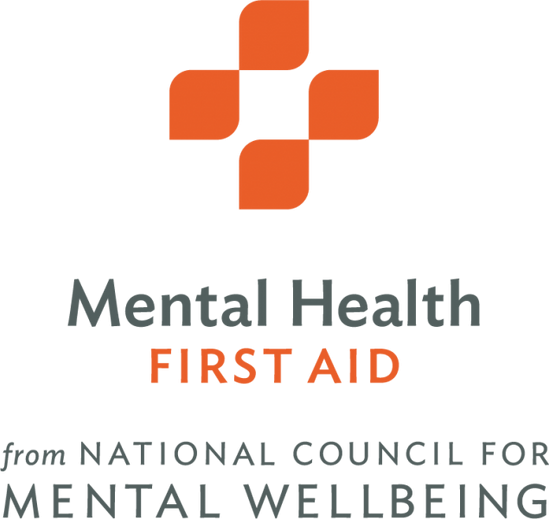Mental Health First Aid (MHFA) Course
Mental Health First Aid (MHFA) is offered as part of the More Aware Initiative funded by the US Department of Health and Human Services.
The primary objective of More Aware Kent is to teach MHFA courses to students, faculty, and staff. Similar to traditional First Aid and CPR, MHFA is help provided to a person developing a mental health problem or experiencing a crisis until professional treatment is obtained or the crisis resolves. MHFA is an evidence-based public education and prevention tool which improves knowledge of mental health and substance use problems and connects people with care for their mental health or substance use problems. Those who enroll in MHFA courses will learn a five-part action plan to help others cope with mental health problems.
Although valued at $170, the MHFA course is free to all students, faculty, and staff. Courses are delivered in two, four-hour interactive instructive periods or one eight-hour period. Participants can expect to engage in educational and engaging activities to learn about mental health problems. The course provides a sensitive atmosphere, where participants can feel comfortable to discuss personal and hypothetical situations related to mental health. A mental health textbook that is referenced throughout the instructive period is provided for all participants to keep and take home. Those who complete the course will earn a three-year certification in Mental Health First Aid. Online re-certification is available for those who completed MHFA three or more years ago but is not offered through Kent State. In addition, faculty/staff will earn eight hours of Beyond Compliance.
For more information please contact Kayla Marker, kmarker@kent.edu.

